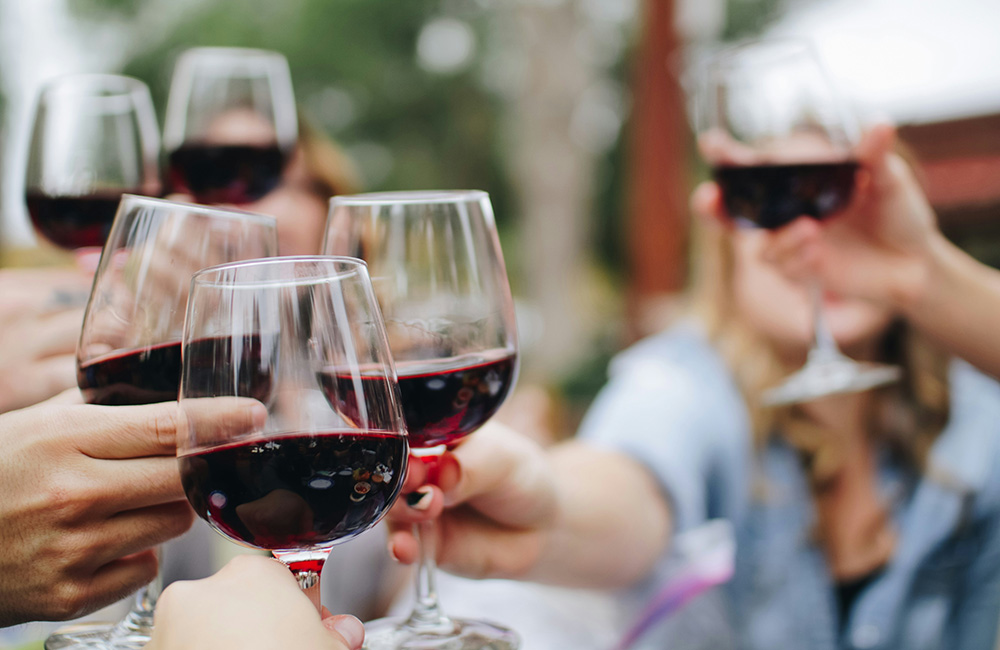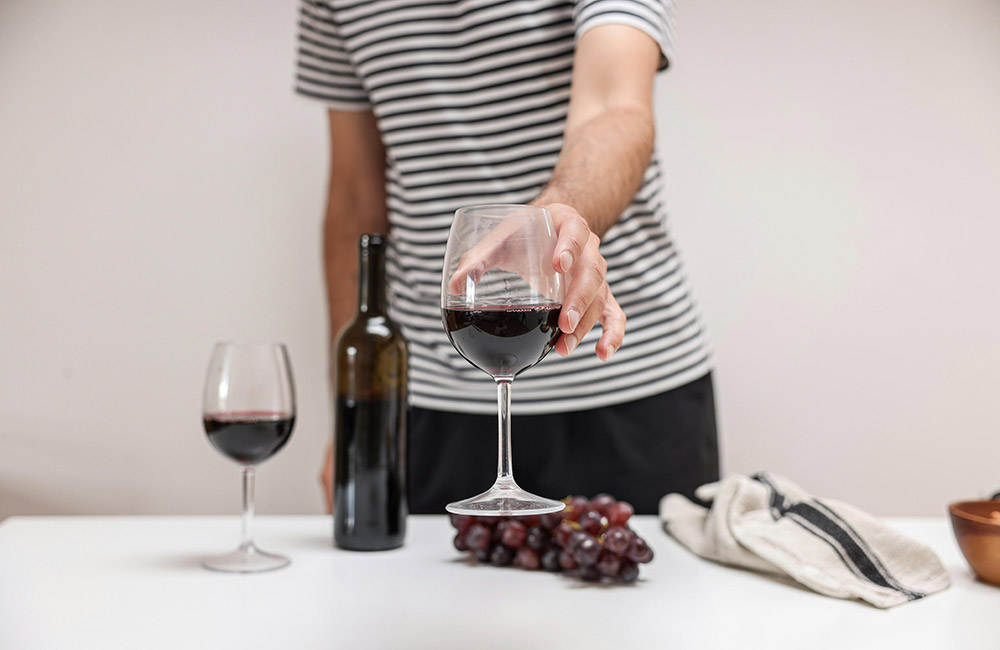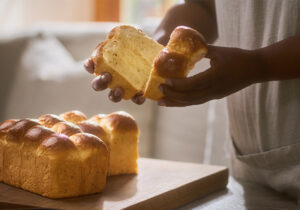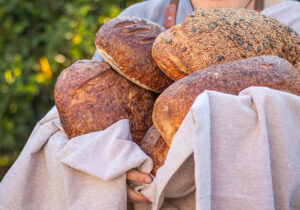Does Natural Wine Really Spare You the Hangover?
Rumour has it that natural wine is the guilt-free, no-hangover alternative to conventional bottles. Some swear they can sip through a night of low-intervention wines and wake up fresh, but others aren’t so lucky. Before you go bragging about your heightened tolerance at the dinner table, get the lowdown on natural wines and hangovers.

If you want answers, go to the real culprits: ethanol (AKA alcohol), congeners (byproducts of wine fermentation), sulfites and sugar.
Natural Wine vs. Regular Wine
Natural wine is made with minimal intervention – no added sugars, minimal sulfites (or none at all) and no lab-designed yeasts. Conventional wines, on the other hand, can include a range of additives to control flavour, texture and stability. Because natural wines typically contain fewer additives and lower sulfite levels, some believe they result in a cleaner, gentler drinking experience sans the dreaded hangover.
We desperately wish this myth were true, but let’s be clear: natural wine still contains alcohol – the primary cause of hangovers. No matter how organic or low-intervention a bottle is, drink enough, and you’re still in for a rough morning.
The Hangover Equation
Hangovers are as old as wine itself. While dehydration often causes hangovers, active ingredients also contribute. If you want answers, go to the real culprits: ethanol (AKA alcohol), congeners (byproducts of wine fermentation), sulfites and sugar.
Ethanol is the main reason you feel terrible after one too many, as your liver breaks it down into acetaldehyde – a toxin that your body struggles to process in large amounts. Then there are congeners, naturally occurring compounds that give wine its character but also contribute to headaches and nausea. If you love a good red, note that darker, richer wines tend to have more congeners than lighter ones.

Sulfites, which prevent oxidation and bacterial spoilage in winemaking, help to stabilise and extend the shelf life of the wine. They are also often blamed for headaches, but scientific studies show they’re unlikely to cause hangovers unless you’re allergic or show sensitivity. Lastly, sugar content matters – sweet wines can spike your blood sugar, leading to that crash-and-burn feeling the next morning.
While natural wines don’t contain excessive amounts of these hangover enablers, they do contain alcohol. If you’re still convinced that natural wines are hangover-free, there might be other factors worth considering…
Feel Fine After Drinking Natural Wine?
Hear us out – there may be a psychological element at play. If you believe a wine is purer and healthier, you might expect to feel better after drinking it. But there are a few more tangible reasons why some people report fewer hangover symptoms:
- Lower Alcohol Content – Many natural wines hover around 10-12% ABV, compared to some conventional wines that reach 14-15% ABV. Less alcohol means less dehydration and fewer toxins for your body to process.
- Fewer Additives – Some people react poorly to certain preservatives and stabilisers found in conventional wines. Without these, natural wines may feel easier on the system for some drinkers.
- Less Sugar – Since natural winemakers rarely add sugar, the lower residual sugar content may reduce blood sugar spikes and crashes.
Myth or Reality?
Unfortunately, the idea that natural wine is completely hangover-free is a myth. Alcohol is alcohol, and if you overdo it, your body will let you know the next morning. However, natural wine may lead to fewer hangover symptoms for some people due to lower alcohol content, fewer additives and less sugar.
If you’ve found that natural wine leaves you feeling better than conventional wine, it could be worth sticking to – but don’t mistake that for a free pass to overindulge.
The best way to avoid a hangover? Drink in moderation, hydrate between glasses and maybe skip that last pour. Reality check: no matter how ‘natural’ your wine is, your liver still has to do the work to remove toxins from your system.
Learn everything you need to know about natural wine.
Want more? Follow us on Instagram for moew food and wine content.
Hungry for more? Subscribe to our Newsletter



